California: Some beaches stay open, others shut down – why coastal closures are varying during coronavirus response

As various government agencies navigate uncharted waters, each stretch of sand may have different protocols when it comes to coastal access.Part of the confusion is caused because different government agencies have control over various stretches of the coast.
Ocean species are shifting toward the Poles
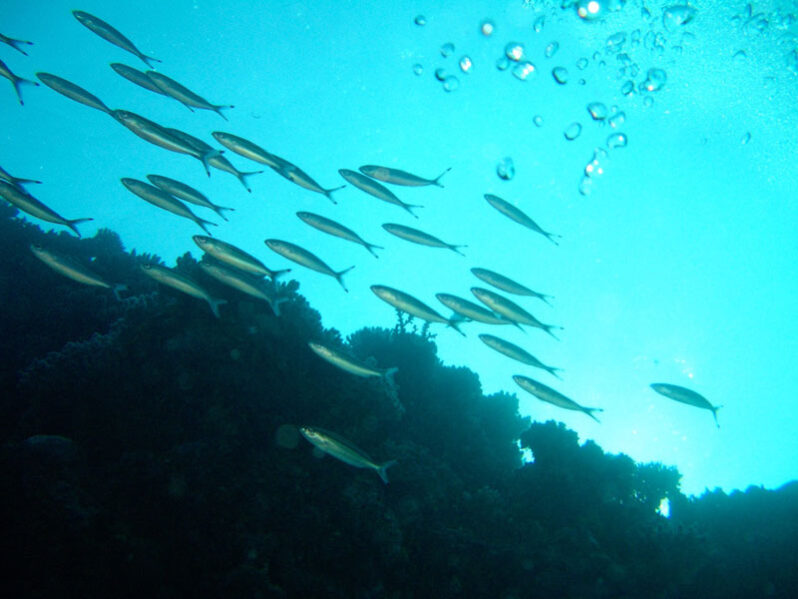
Concentrations of marine animal populations have been shifting away from the equator and toward the poles during the course of the past century, according to one of the most comprehensive analyses of marine species distributions to date.
California Supreme Court rejects suit to make Martins Beach public

This case represents a big clash between two rights: private property and free access to California’s coastline.
Great Barrier Reef suffers third mass bleaching in five years
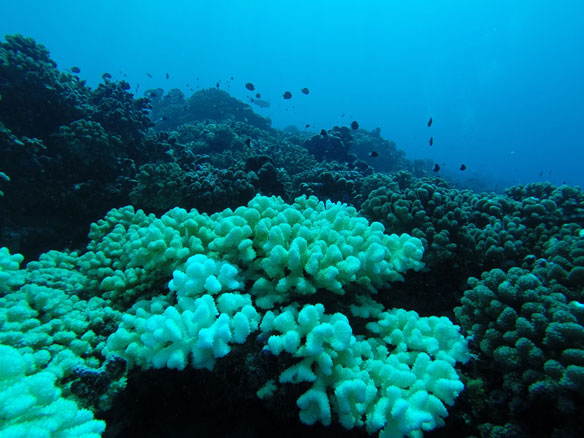
Australia’s Great Barrier Reef has suffered another mass bleaching event – the third in just five years.
Underwater avalanches are trapping microplastics in the deep ocean

A collaborative research project between the Universities of Manchester, Utrecht, and Durham, and the National Oceanography Centre has revealed for the first time how submarine sediment avalanches can transport microplastics from land into the deep ocean.
Plants and animals aren’t so different when it comes to climate
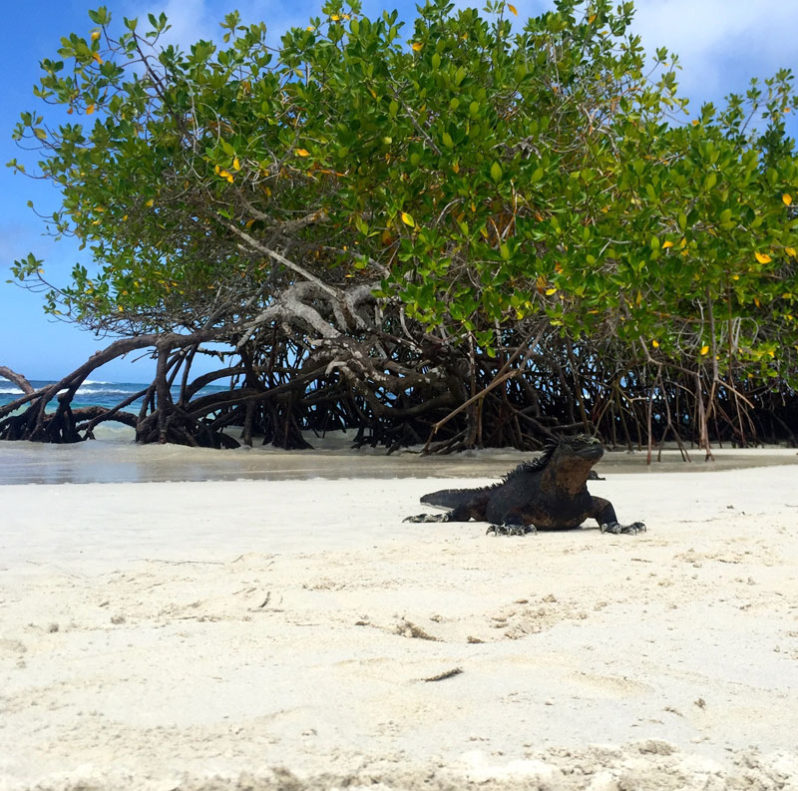
Despite fundamental differences in their biology, plants and animals are surprisingly similar in how they have evolved in response to climate around the world, according to a new study.
Tsunami watch for Hawaii lifted after north Pacific quake

A 7.5 magnitude earthquake struck in the northern Pacific on Wednesday and forecasters said tsunami waves were possible for the nearest shores. A brief tsunami watch for Hawaii was canceled.
Hidden source of carbon found at the Arctic coast
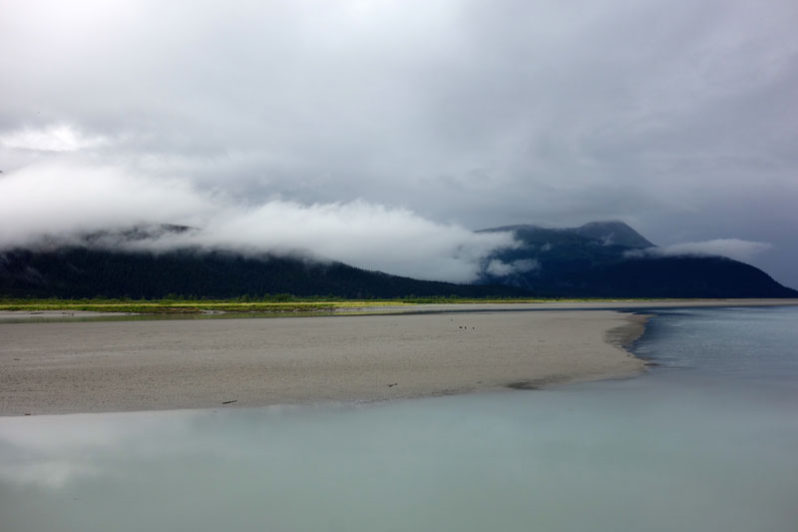
A previously unknown and significant source of carbon just discovered in the Arctic has scientists both marveling at a once overlooked contributor to local coastal ecosystems and concerned about what it may mean in an era of climate change.
East Antarctica’s Denman Glacier has retreated almost 3 miles over last 22 years
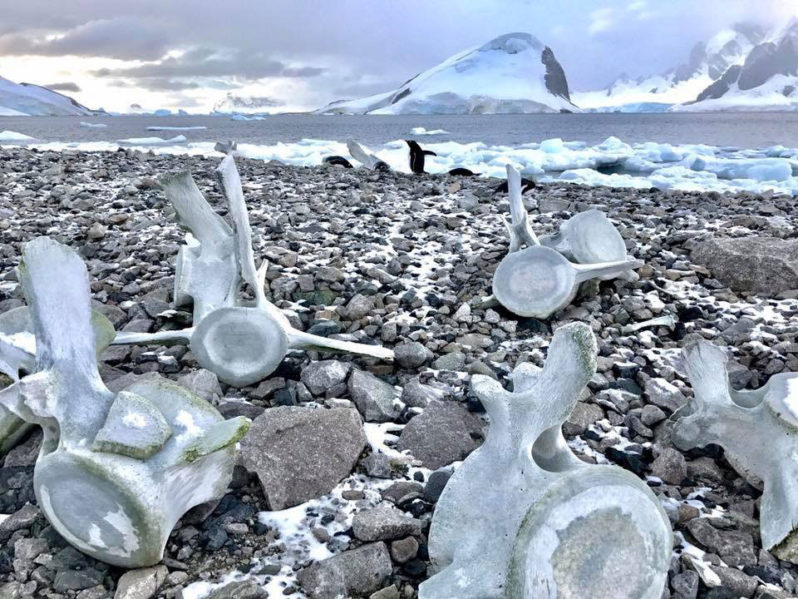
East Antarctica’s Denman Glacier has retreated 5 kilometers, nearly 3 miles, in the past 22 years, and researchers are concerned that the shape of the ground surface beneath the ice sheet could make it even more susceptible to climate-driven collapse.
